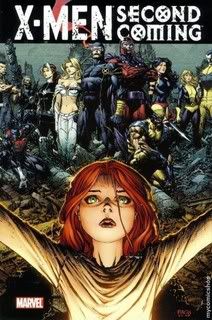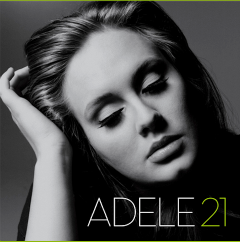One paper left! WHEE~~ :D
I’m (almost) a happy boy!
I can’t believe that we’ve finished most of our papers within the past four days. But anyway, it’s kind of a relief that the mock battle’s almost over. Now, it’s time to really start worrying for the A’s. Tick tock tick tock.
I was thinking about how I’ve grown up through my adolescence with reality tv as a major motivating factor in my life. So I’ve decided to dedicate the rest of this post to my take on the current state of reality television.
Here are my views:
In Singapore, way before the rise of the imported American reality shows, we had our Asia Bagus and Talentime as our local source of entertainment and a platform for instant fame. Reality Television reached the peak of it’s hype in early 2000, with Survivor reigning as google-box king. Then came The Amazing Race, Fear Factor, Joe Millionaire (remember that one?) and American Idol. These shows propelled unknowns into overnight stardom; it seemed that any Tom, Dick or Harry could easily become the next up-and-coming star.
The biggest impact, it seemed, came from American Idol. The Idol format originated in Britain as Pop Idol, and promised a lucrative recording contract as well as recognition for the winner. When the Fox network in America decided to give the show a shot (and renaming it American Idol at the same time), but little did they know that they kick-started a global phenomenon.
34 countries from all over the globe snapped up the show’s format and re-branded it “(insert country’s name here) Idol”, signaling a new era for music and reality tv. However, four years down the road, the phenomenon seems to be headed for an end. Here are some examples:
America:
Among the five Idol winners, only Kelly Clarkson seems to be commercially successful after cleverly choosing to breakaway (yes, pun here) from any connections with the show. Ruben, Fantasia, Carrie and Taylor have yet to make headlines any commercial success, other than the mandatory release of the winner’s single, which usually chart at #1.
Australia:
Winners include (in chronological order) Guy Sebastian, Casey Donovan and Katie DeAraugo. Guy is the only winner with two albums under his belt and is having a healthy career. Casey has been dropped by her label (Sony BMG) due to image problems and Katie is touring in a quartet of all-ex-Australian-Idol-girls under the name Young Divas. Sure says a lot about their success post-Idol.
The lack of success of the Idol alumni reflect one obvious message that the public is sending: viewership fatigue. The commodification of celebrityhood and the non-stop churning of singers/wannabe-singers are putting a strain on the cd-buying, tv-watching public. Similarly in Singapore, the market is also experiencing oversaturation by winners (and several runner-ups) from shows like Singapore Idol, Project Superstar, Superband etc.
If rumours are to be believed, this current season of Singapore Idol would also be the final season of the show, reason being that the viewership has suffered a drastic reduction from season one. That may be attributed to the fact that there is viewer fatigue because of the over-saturation of shows following similar formats (unknowns sing, viewers watch, viewers vote. more singing/acting/hosting, more watching, more voting... Do that ten times over and it even eventually becomes less watching, less voting = loss in profits).
Fear Factor has been cancelled; Survivor’s sponsor of 12 seasons, GM, pulls out of their sponsorship deal before the 13th season of the show. Truth is, the era of reality tv is waning, and the era of singing-competitions-that-pose-as-celebrity-makers is reaching an end. Well, like the old saying goes, “all good things come to an end.”
It was nice while it lasted.
Friday, September 15, 2006
Subscribe to:
Post Comments (Atom)









No comments:
Post a Comment